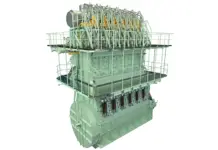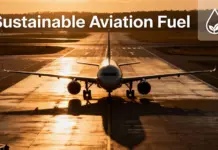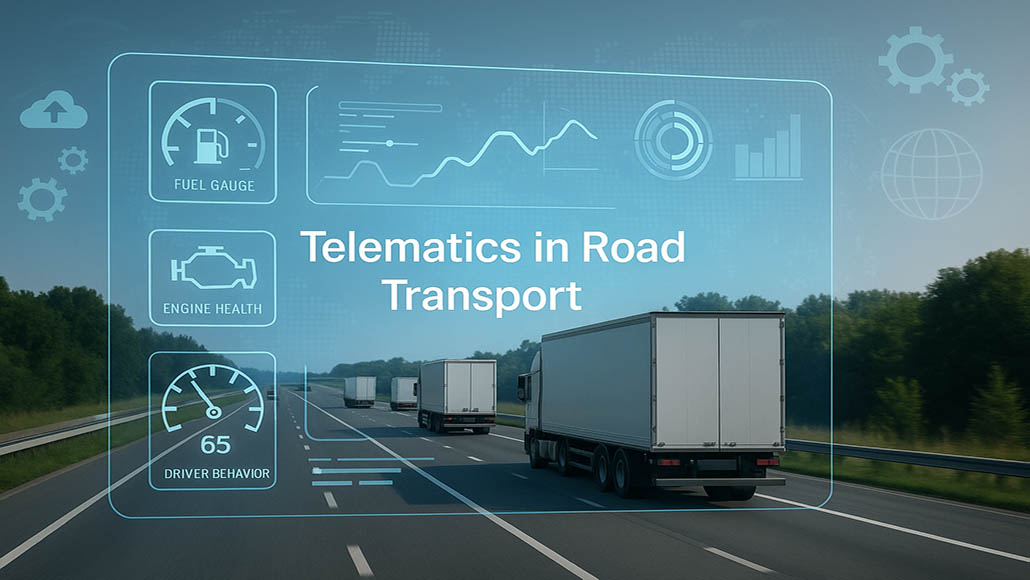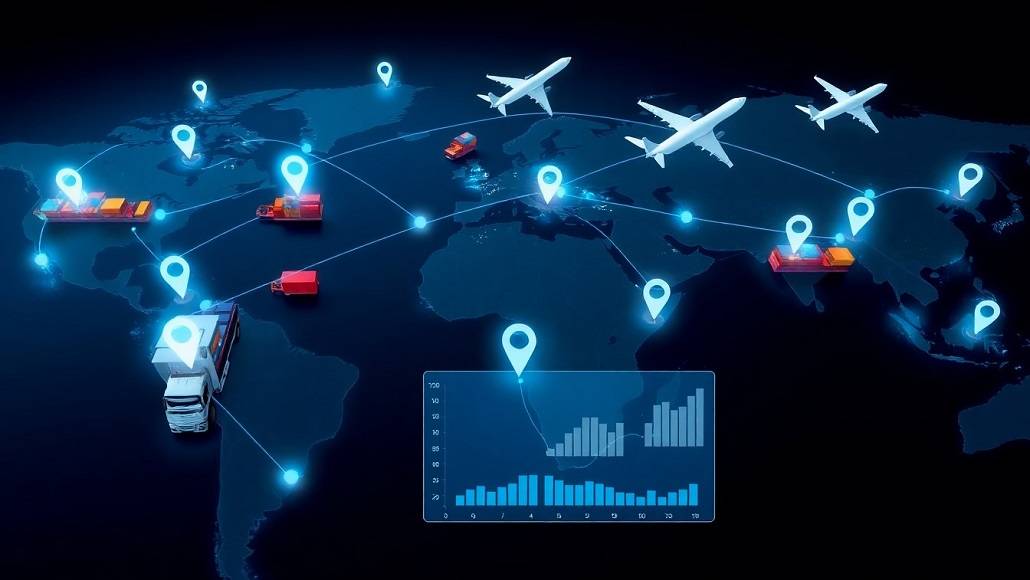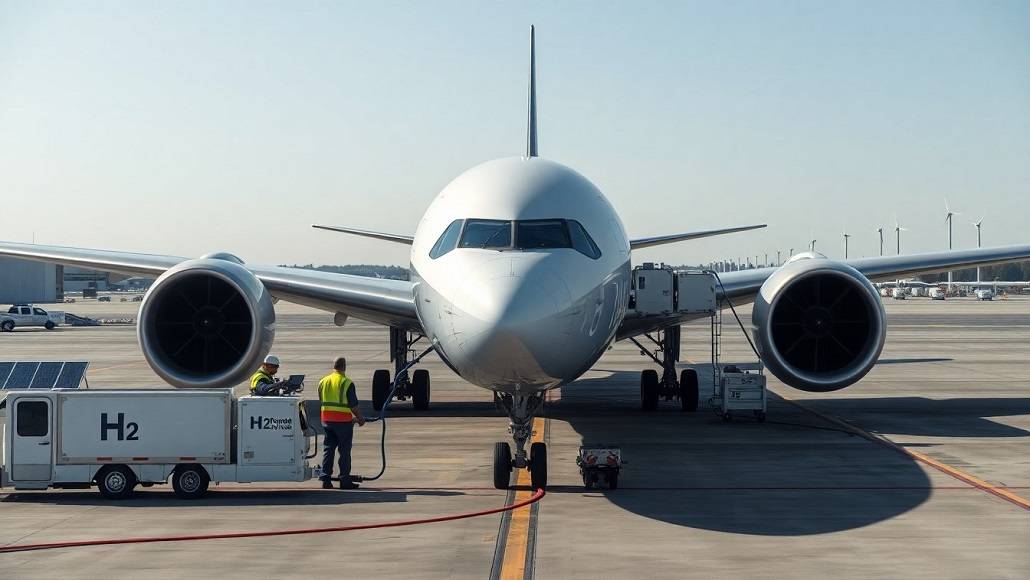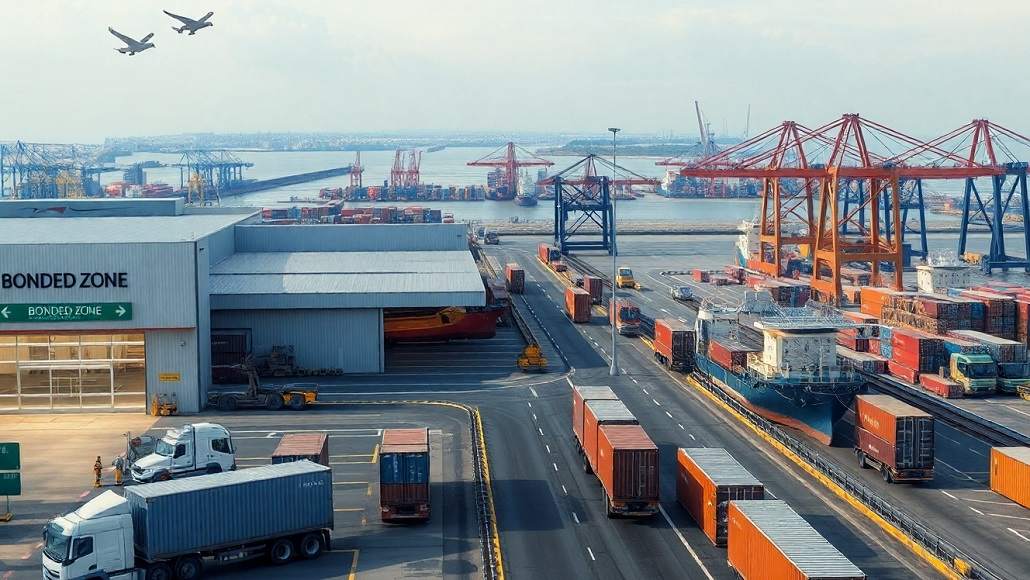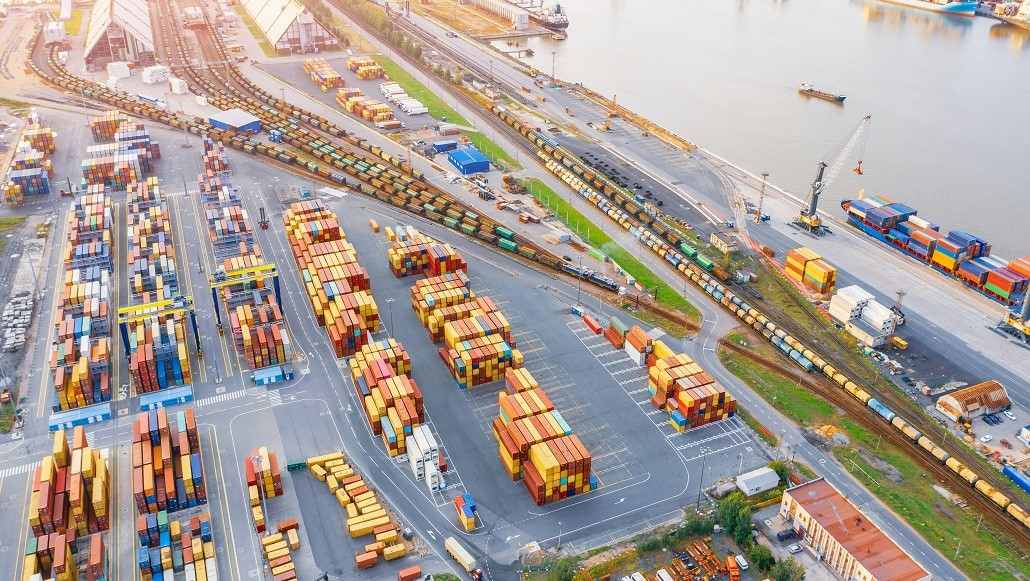In a recent move, investment of €400 million in climate-friendly German ports and shipping in the next four years has been planned. This happens to be a part of its Climate and Transformation Fund—CTF.
According to the transport ministry, the requirements when it comes to the shipping industry have changed massively in the past few years, arguing that the effects when it comes to energy transition force the country’s shipping sector to go ahead and adapt so as to remain competitive globally.
According to the transport minister of Germany, Patrick Schnieder, a modern shipping industry along with corresponding infrastructure happens to be the backbone of the German economy. Financial support coming from the federal government along with the states is required in order to assist the industry so as to take the pressure that is caused due to the shifting away from fossil fuels. The millions that have been spent on modernization happen to be an important step in this regard.
As per the ministry, the money that has been earmarked under the CTF is going to help with the execution of Germany’s national ports strategy along with the national action plan for climate-friendly shipping and also fund the land-based power supply when it comes to ships along with storage facilities for alternative fuels. Besides this, it also aims to grow the water-based public transport, climate-neutral shipping lanes, and freight transport choices too.
It is well to be noted that additional funds are going to be primarily directed to 5 coastal states of Germany – Hamburg, Bremen, Schleswig-Holstein, Mecklenburg-Western Pomerania, and Lower Saxony.
This was confirmed by Christoph Plob, who happens to be the coordinator for the government when it comes to the maritime economy. He further said that this shows that the German ports and shipping play a very significant role when it comes to the plan of the government for competitiveness, supply, and resilience for the entire country.
He further said that the objective was to turn harbors into energy hubs. It is worth noting that the funding will in part come from additional revenue that the state is making since the shipping sector has been included in the emissions trading system (ETS) of the EU.




